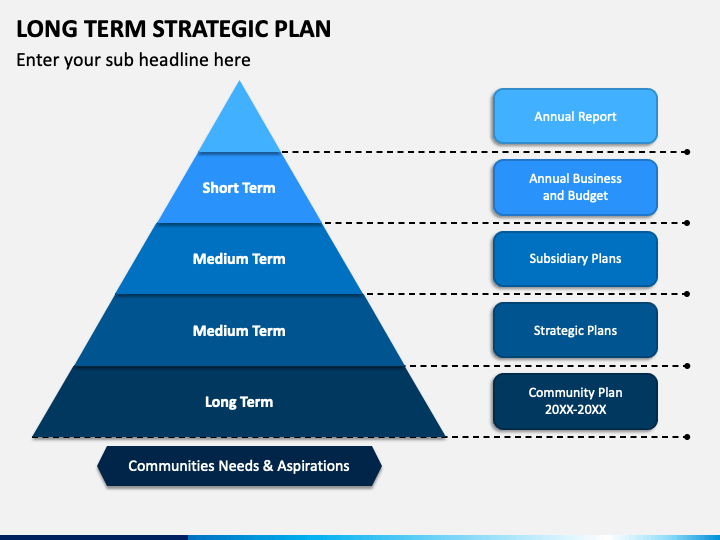In today’s rapidly evolving tech industry, strategic planning plays a crucial role in ensuring long-term success for businesses. With technology advancing at an exponential rate, companies must formulate comprehensive and adaptable strategies to thrive in an increasingly competitive landscape. This article will explore the key elements within strategic planning that contribute to sustained success, from analyzing market trends and identifying opportunities to fostering innovation and building strong partnerships.
Analyzing Market Trends
Staying abreast of market trends is paramount in the tech industry. It enables companies to identify emerging technologies, predict consumer demands, and capitalize on potential opportunities. With the ever-changing tech landscape, conducting thorough market research is essential for crafting effective strategies. By leveraging extensive data analysis and market insights, companies can understand shifting customer preferences, anticipate industry disruptions, and position themselves as industry leaders.
Identifying Opportunities
Success in the tech industry hinges on the ability to identify and seize opportunities. Strategic planners must have their finger on the pulse of the industry to proactively identify gaps, unmet needs, and untapped markets. By monitoring competitors, soliciting feedback from customers, and fostering a culture of innovation within the organization, companies can identify and capitalize on opportunities others might overlook. This proactive approach ensures a competitive edge and sustainable growth.
Fostering Innovation
Innovation is the lifeblood of the tech industry. Strategic planning should incorporate a strong focus on creating an environment that sparks creativity and encourages out-of-the-box thinking. Investing in research and development, fostering a culture that values experimentation, and incentivizing employees to innovate are crucial elements in driving long-term success. By empowering employees and providing them with the necessary resources, companies can stay ahead of the curve and continuously bring groundbreaking products and services to market.
Building Strong Partnerships
In the fast-paced world of technology, building strong partnerships is a vital strategic consideration. Collaborating with complementary businesses, universities, and research institutions can accelerate progress, foster knowledge-sharing, and expand the company’s reach. Strategic planners should identify potential partners whose expertise and resources align with their goals, facilitating mutually beneficial collaborations that drive innovation, reduce costs, and increase market presence. These partnerships also enable companies to pool resources and collectively tackle industry challenges, ultimately culminating in long-term success.
Adapting to Change
Flexibility and adaptability are crucial in an ever-evolving tech industry. Strategic planning should incorporate frameworks that allow for adjustments as market dynamics change. Technology disrupts entire industries within a short span of time, and companies that fail to adapt risk being left behind. By creating a strategic framework that is agile and adaptable, businesses can respond quickly to market shifts, stay ahead of competitors, and capitalize on emerging trends while mitigating risks effectively.
Conclusion
In conclusion, strategic planning is an essential element for long-term success in the tech industry. By analyzing market trends, identifying opportunities, fostering innovation, building strong partnerships, and embracing adaptability, businesses can position themselves as industry leaders and carve out a path towards sustained growth. Embracing strategic planning as a continuous process allows companies to stay nimble, responsive, and proactive in navigating the ever-changing tech landscape. With the right strategic approach, companies can achieve long-term success and continue to revolutionize the world of technology.

